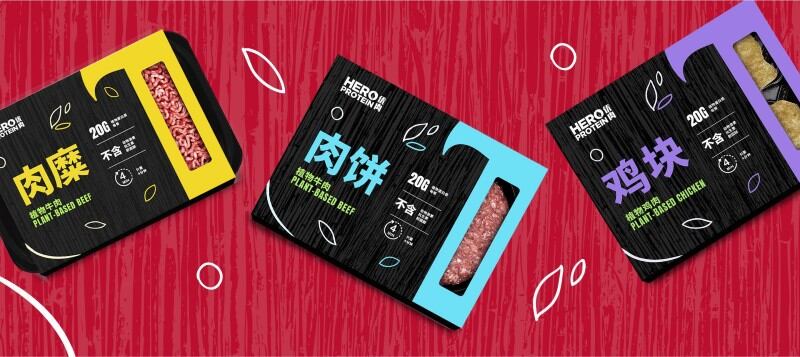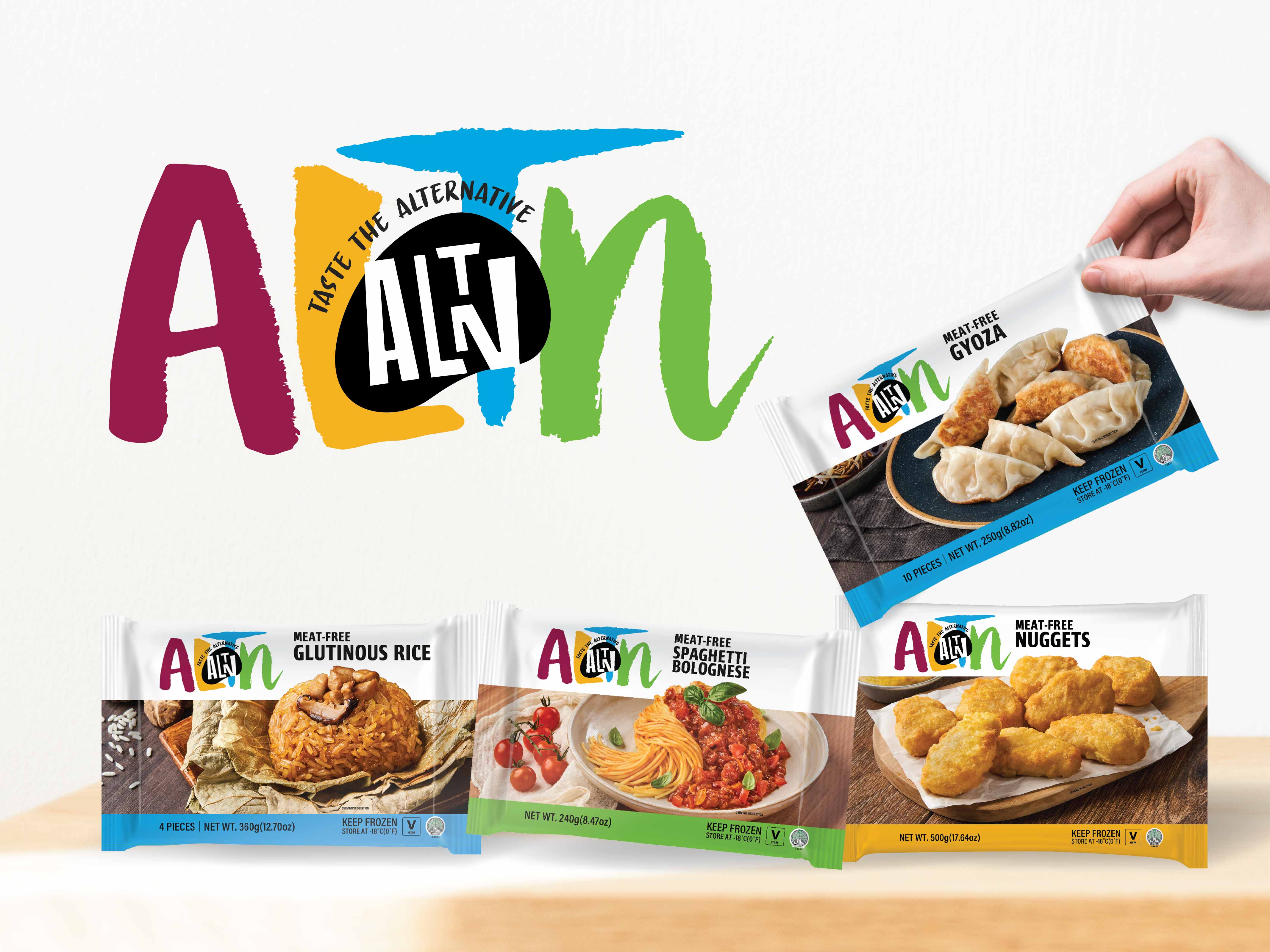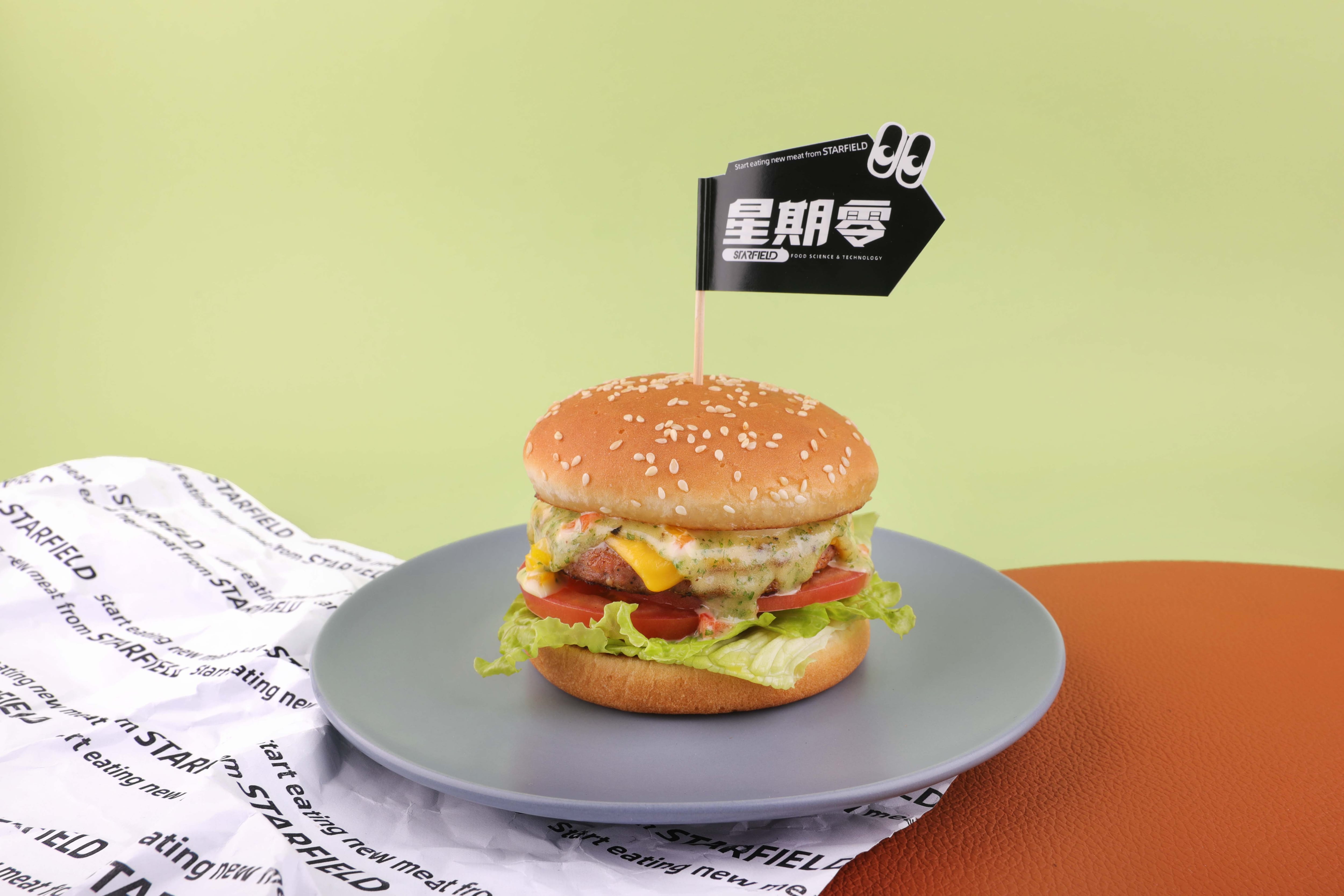HERO Protein’s portfolio currently comprises seven SKUs of plant-based chicken and beef products with formulations originating from a team of US-based former senior R&D executives from some of the biggest plant-based meat brands in North America like Beyond Meat, Impossible Foods and Morningstar.
“We brought in this formulation and also have our own local product development team with some 24 years of experience to develop and tailor this further for the local Chinese market to meet local palates and market demands,” HERO Protein CEO Edward Weng told FoodNavigator-Asia.
“The aim here is to bring together experience and know-how to tackle the local market, so western technology and local expertise of the Chinese market to develop products that Chinese consumers will go for.”
In terms of localisation, in China product versatility is very crucial to boost its appeal due to the wide variety of cooking methods and cuisines available, so this has been a development priority for the team, HERO Protein Strategy and Operations VP Coco Tse told us.
“We’ve been having lots of active discussions with local consumers to make sure we adapt the product to fit local cuisines and cooking methods, and realised that it is important in China to make sure that our products can be used in as many different cuisines as possible,” she said.
“It is also important to be able to be used in these cuisines and for different cooking methods as is, so that it is convenient to use in many types of dishes, only then will this be widely appealing to China’s large population.”
In addition, both Weng and Tse stressed that product taste is also a priority for the firm, as it is crucial to ‘let the consumer know what good plant-based meat tastes like’ to garner attention and a following.
“Perhaps due to the large variety of cuisines available locally, Chinese consumers have a much higher demand for delicious taste and texture compared to most places, so we need to avoid people trying and then finding it bland or boring,” said Tse.
“[This is added reason] for focusing on the products’ versatility, such that consumers can enjoy this in every cuisine, every way they like and will repeat consumption after that first try.”
HERO Protein recently launched its products including patties, meatballs and mince into the local foodservice market, and will be expanding into local B2C retail come the second quarter of 2021.
“The next step will be our B2C retail launch, which will be coming in Q2 2021 – not all seven products will be launching at the same time, but we have already prepared the retail packaging and designs for this launch,” said Weng.
“We are also working on our own e-commerce stores on big online retail platforms like Tmall and JD, and these products will be available in some offline retail stores and supermarkets too, although we’ll probably be limiting to premium supermarkets initially.
“As for the ongoing B2B sales, we’ve already launched with five different foodservice brands in Shanghai, and though we can’t reveal these names right now 70% of these brands are Western-style cuisine, and 30% is with a global food catering company.
“The catering firm caters to many institutions and schools, which is important to us in order to achieve concept cultivation – there is still a gap between China’s understanding of plant-based meats and the rest of the world, so we want to provide this education and make it into a lifestyle for the younger generation.”
Plant-based in China
Commenting on the differences between plant-based reception in China versus countries in the west, Tse said that the key differential here is in terms of the rationale for consuming these products.
“There’s a clear rational difference between western countries and in China when shifting to a plant-based diet – in the west it’s always about the environment or animal welfare, but over here the priority is food safety, health and food security,” she said.
“The other priority as mentioned is of course taste and texture, as without these consumers won’t come back – it’s why we’re making our products using advanced high moisture extrusion technology which is common in the west but not here, [as this is] critical for reproducing the juiciness and mouthfeel of meat.”
HERO Protein claims to be the first domestic plant-based firm to bring in high-moisture extrusion technology to make plant-based products.
New product development and growth
In addition to beef and chicken, HERO Protein is now also looking at developing plant-based pork and fish for the local Chinese market.
“Pork is an obvious choice for the Chinese market as it is one of the most consumed meats in China,” said Weng.
“We’re looking to develop a portfolio of plant-based meats which is as comprehensive as possible, and these products which are currently in the works will give us that.”
Tse added that development of different products goes beyond ‘just changing the flavours’, but also involves differences in base ingredients and processing environment.
“Using our high moisture extrusion equipment, the first thing would be to put in a blend of ingredients unique to the meat we’re looking to make, then go in with different parameters like pressure, temperature, time and so on,” she said.
“The adjustment of these is key to getting different textures so as to replicate different types of meats.”
As for growth and expansion, Weng stressed that the firm’s main focus would remain in China for the next few years.
“China’s large population [means there is a lot of room to grow], so our focus will be mainly local for the next few years even though we’ve already seen interest from other countries like Brunei, the Philippines and Spain,” he said.
“If we do venture to other countries, the model will likely be via distribution only first.”





